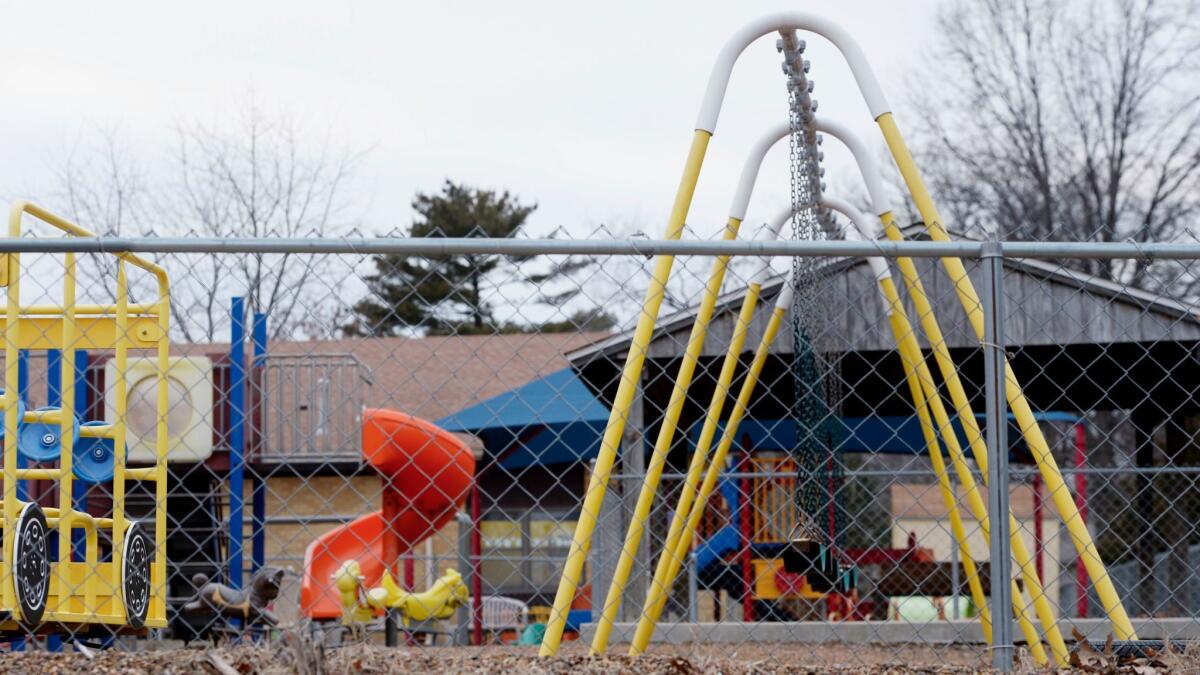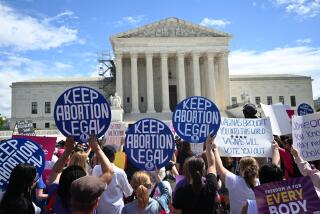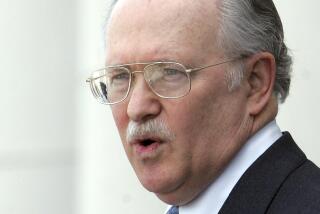Editorial: The Supreme Court rules that a playground isn’t a pulpit

On Monday, the Supreme Court decided a case that despite its mundane subject matter — the resurfacing of a preschool playground — was viewed by some conservatives as an opportunity for the court to radically redefine the constitutional relationship between church and state.
Fortunately, the court did no such thing. That’s good news at a time when the culture wars over the role of religion in public life have become inflamed.
At issue in the case was an application by the Trinity Lutheran Church Child Learning Center of Columbia, Mo., for a state grant to resurface its playground using rubber from recycled tires.
The state rejected the request, citing a provision in Missouri’s constitution, similar to those in many other states, that says, “no money shall ever be taken from the public treasury, directly or indirectly, in aid of any church, sect or denomination of religion.”
By a 7-2 vote, the court ruled that Missouri had violated the constitution in rejecting the preschool’s application. Chief Justice John G. Roberts Jr. explained that the 1st Amendment’s Free Exercise Clause “protects religious observers against unequal treatment and subjects to the strictest scrutiny laws that target the religious for special disabilities based on their religious status.”
Roberts insisted that Monday’s ruling “is unremarkable in light of our prior decisions.” He’s right. In 1947, for example, the court upheld a New Jersey law enabling a school district to reimburse parents for the public transportation costs of sending their children to parochial as well as public schools.
But if this case was so straightforward, why did religious conservatives attach so much importance to it? The answer is that they hoped that the court would rule for Trinity Lutheran Church in much more sweeping terms that would make it clear that states couldn’t ban subsidies even for pervasively religious educational programs at parochial schools.
Some conservatives also hoped that the court would overrule a 2004 decision in which it upheld the state of Washington’s refusal to include students studying for the ministry in a state scholarship program. Instead, Roberts highlighted the distinctions between the two cases; the 2004 case involved longstanding concern about state subsidy of the clergy, not merely the resurfacing of a playground.
We had urged the court to hand down a narrow decision focused on the specific facts of the playground program. The court has followed that advice.
Follow the Opinion section on Twitter @latimesopinionand Facebook
More to Read
A cure for the common opinion
Get thought-provoking perspectives with our weekly newsletter.
You may occasionally receive promotional content from the Los Angeles Times.






